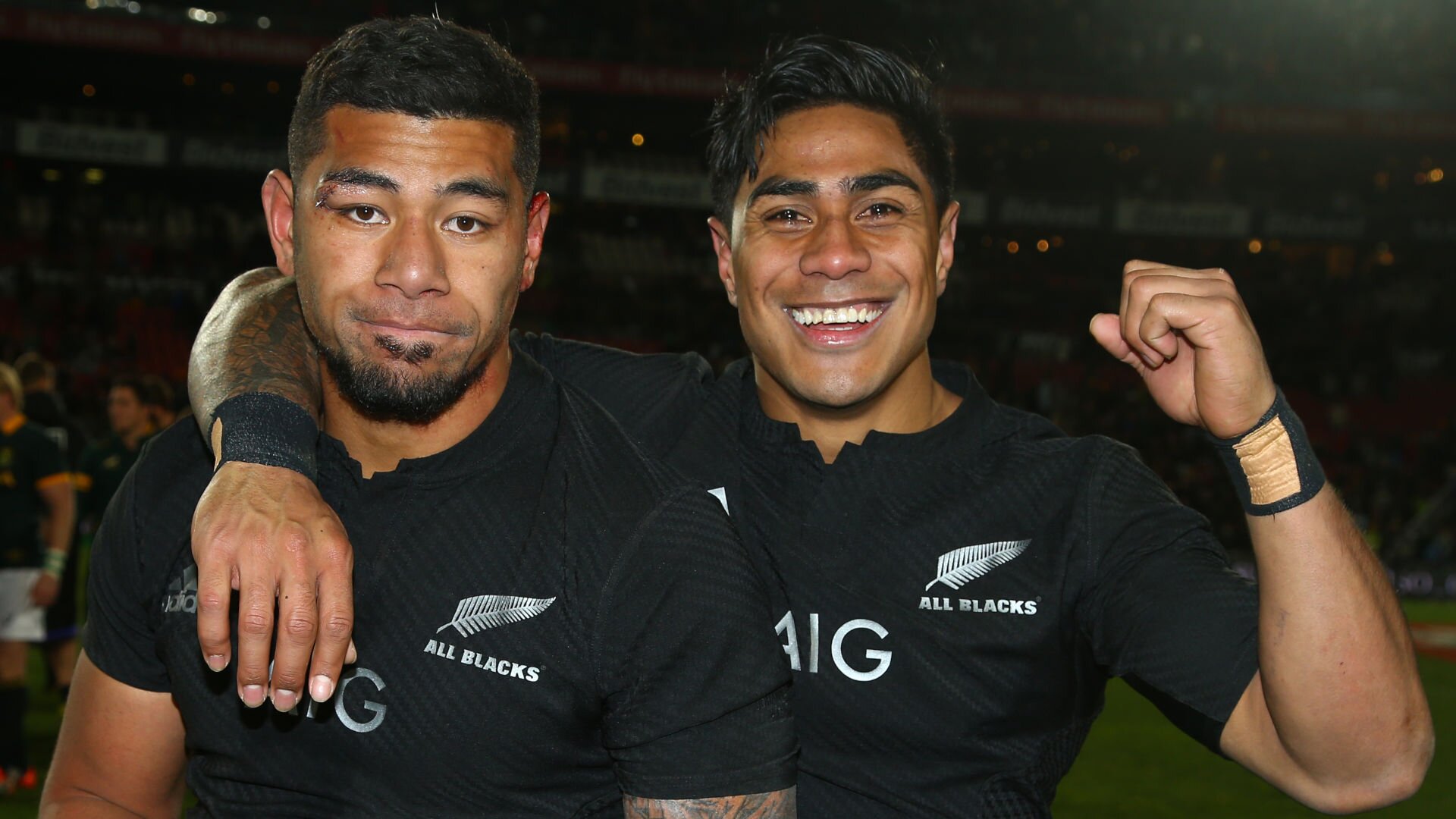Upcoming World Rugby vote on eligibility could boost tier-two nations

World Rugby are set to take a vote on proposed changes to international eligibility which could make it considerably less difficult for players to switch their test allegiances.
According to The Telegraph, World Rugby are preparing to vote on a proposal that would allow players to switch nations after a three-year stand-down period, provided that their parents or grandparents were born in the nation to which they’re intending to switch their allegiances.
Under the current rules, once a player has played test rugby, they’re locked to that country for life – unless they’re able to utilise the sevens ‘loophole’.
As such, there’s a significant number of players – primarily from the Pacific Islands – who after playing a handful of tests for the likes of New Zealand, Australia and England, are unneeded by their chosen nation but could make a huge difference to a tier-two side for which they would normally be eligible.
Examples include the likes of Charles Piutau, Steven Luatua and Nathan Hughes, who all played their ‘final’ tests at a relatively young age and are now frozen out from partaking in international rugby.
The likes of Malakai Fekitoa and Lopeti Timani have both used sevens to switch nations from NZ and Australia to Tonga, but that rule is considered needlessly complex and locks out players who aren’t built for the compacted form of the game.
While the movement to change the stringent eligibility requirements has the backing of various World Rugby member unions, 75 per cent of the unions (39 out of 52) would need to agree with the changes for them to progress.
“We can’t compete with other countries with the resources they can throw around,” Peter Harding, chief executive of the Tongan Rugby Union, told The Telegraph. “We are a country with 100,000 people so getting a little bit of help in competing is not too much to ask.
“The best players in the world come from here, so everyone is always after them … This would be a game-changer if we can get some of those players back. If you include the first generation players then there’s well over 1,000 players in other countries because they have emigrated for better opportunities.
“The thing with Island players is just because they have got another passport they are not from that country. Their family connections to the Islands are much stronger than what Anglo-Saxon people have got. Their family connections and links to their roots are ingrained in their DNA.”
The proposed change to the laws of the game was initially put forward by the Portugal Rugby Union, with World Rugby set to vote on the matter on November 24.































